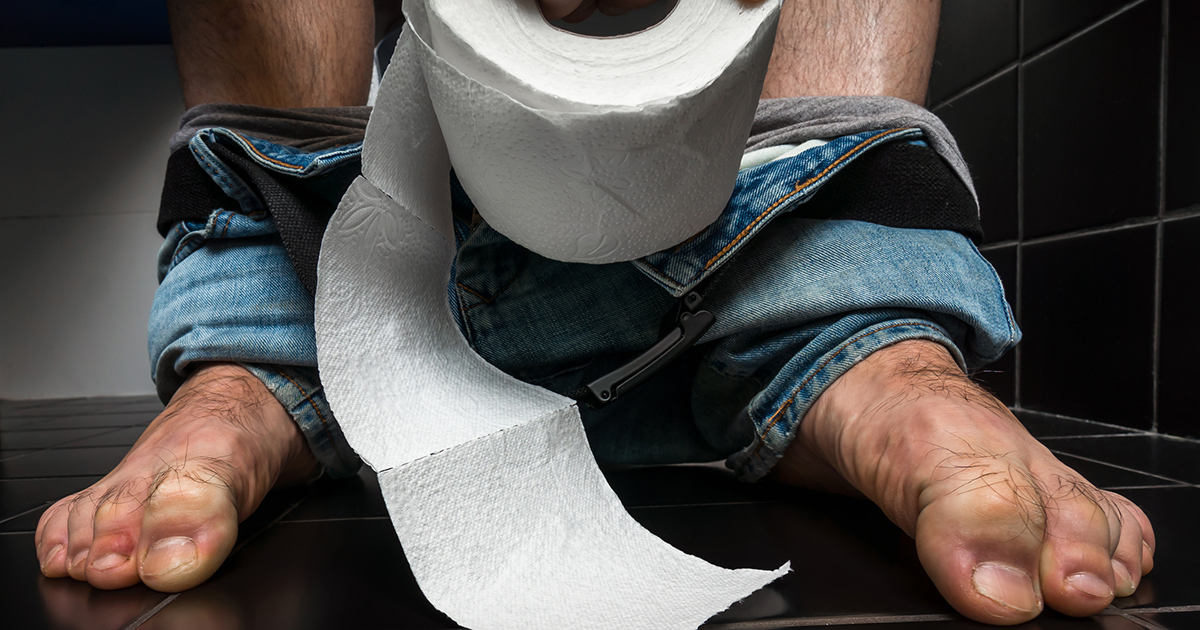Warning Signs Of Giardiasis
Cramps And Bloating

The gas caused by the Giardia parasite makes the stomach bloated. The patient may also experience cramps, nausea, and vomiting, and, occasionally, develop a minor fever. Eating can make the cramps and bloating more severe, and some patients even have trouble keeping fluids down. In this case, the patient should suck on ice chips to prevent dehydration.
If the patient can keep liquids down, they should drink them slowly throughout the day. They should avoid milk and anything containing caffeine, but they can have flat sodas, diluted fruit juices, sports drinks, broths, and soup. After twelve hours, the patient may add bland food like boiled vegetables, rice, toast, or noodles to their diet. They may resume eating their usual diet after their stools start looking normal.
Diarrhea

Diarrhea is the most common and best-known symptom, and it can last for months. The resulting stools are greasy and malodorous, and they often float. The stools’ greasiness is due to the parasites’ damaging the intestines so they cannot properly absorb nutrients, and the stools thus contain abnormal amounts of fat. The malabsorption also affects a patient’s ability to absorb vitamin A, vitamin B9 (folate or folic acid), vitamin B12, and lactose. Severely loose stools can also cause the patient to become dehydrated, for they lose too much fluid in their watery stools.
Giardiasis can be acute or chronic. The acute form of the disease runs its course within a few weeks, but the chronic form lasts longer. In addition to the symptoms already mentioned, a patient with chronic giardiasis will develop pain around their navel, and they will suffer weight loss.
